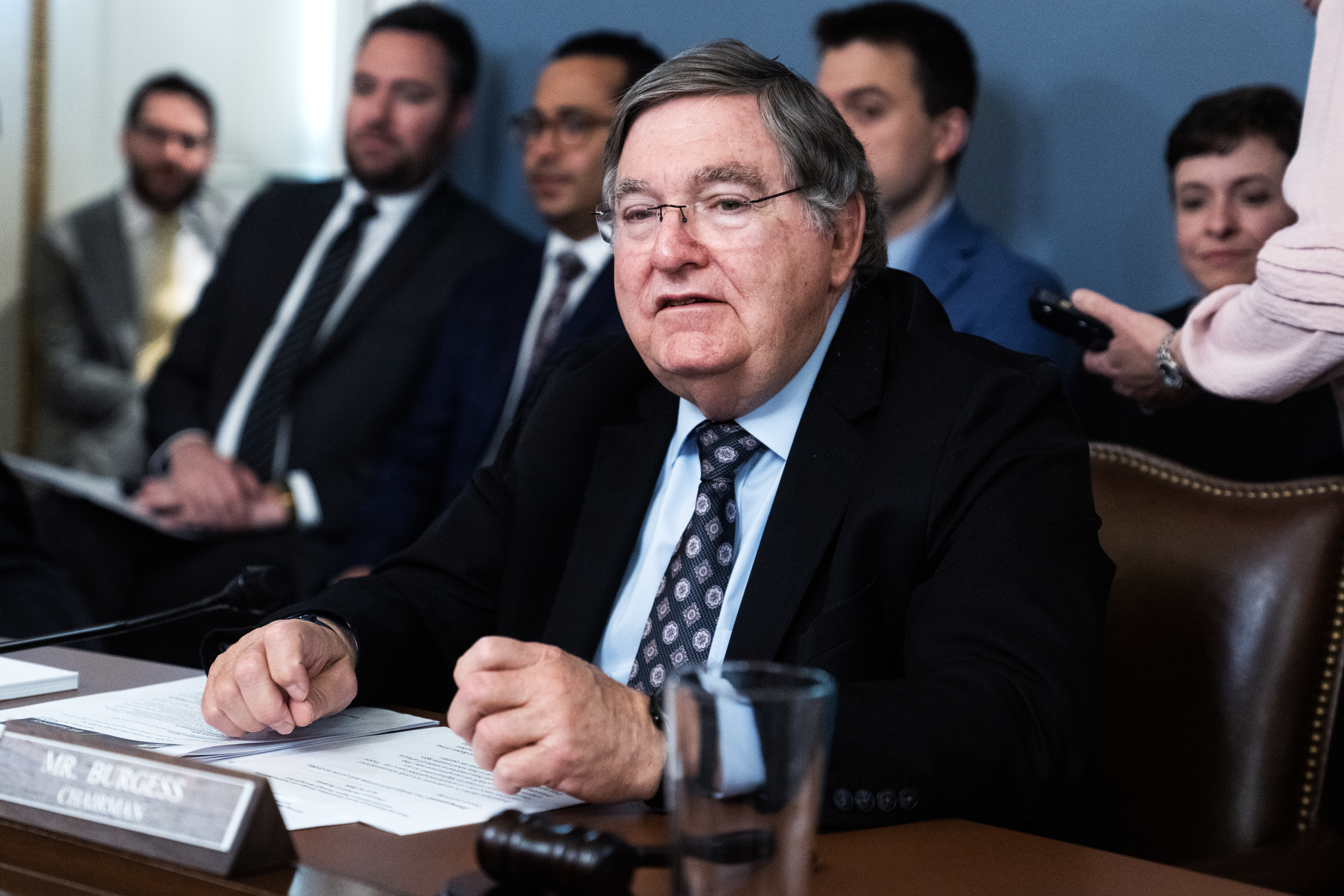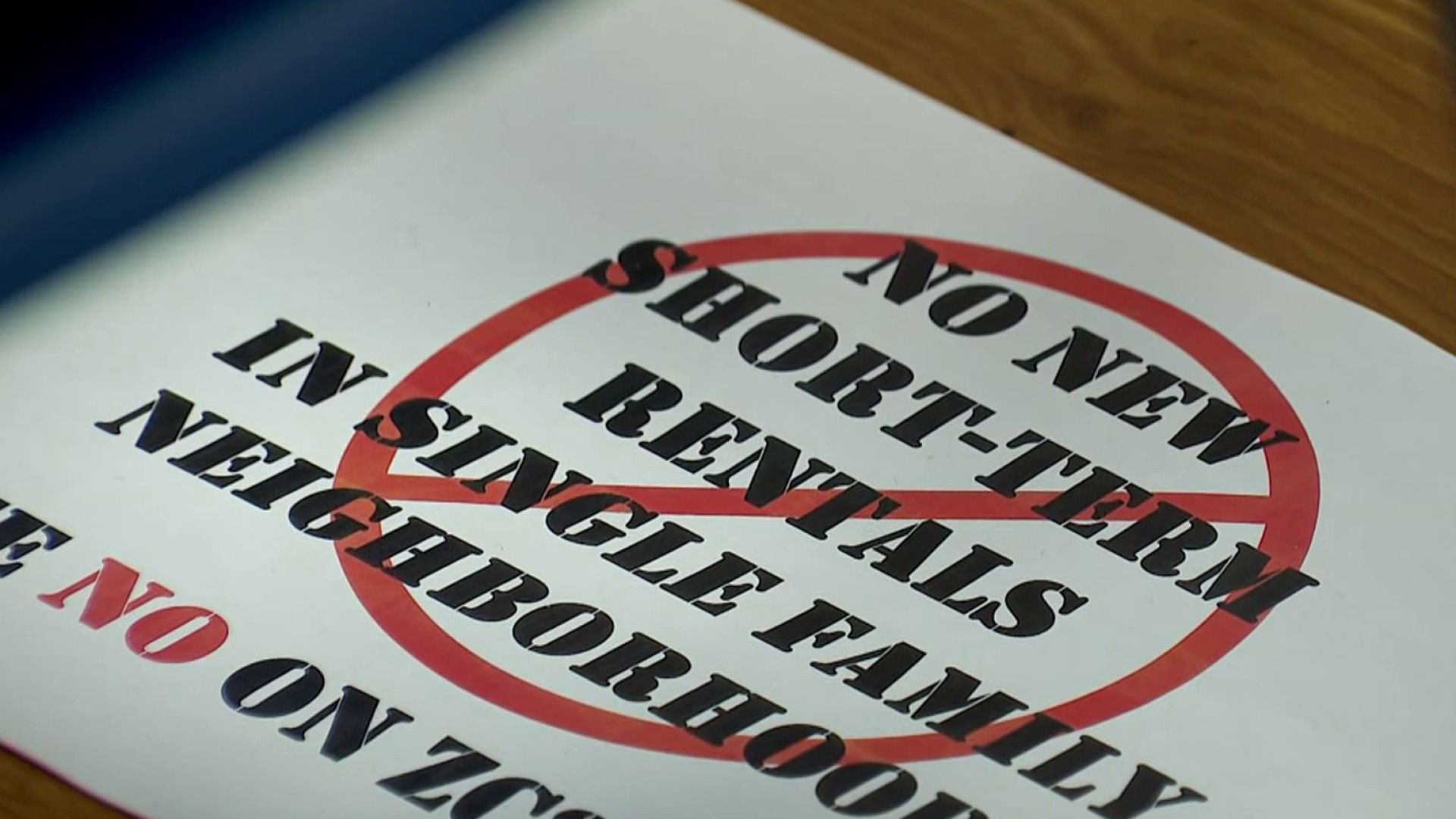Whether you grow up in a healthy environment or have access to healthcare and healthy foods depends on where you live in Dallas County. That's one of the takeaways from Dallas County's annual Community Health Needs Assessment.
"The healthcare system contributes to about 20-percent of the health of a community," Parkland Health & Hospital System President and Chief Executive Officer Fred Cerise, MD said. "So we're trying to shine a light saying we all have to own a part."
Parkland and Dallas County Health and Human Services held a moderated question and answer session Thursday morning to talk about healthcare issues in the county.
"What we really wanted to do was to shine a light on the fact that there are inequities across the community," Cerise said. "We're all going to have to take our part to start addressing these."
Dallas County is among the highest uninsured rates of urban counties in the country. Data from 2019 shows zip codes in South and Southeast Dallas have the highest healthcare disparities in Dallas County, with a higher percentage of single family households led by women, and a higher percentage of men in the corrections system. 40-percent of the people in those areas don't have internet access.
'You've got to do something about it! It's not enough to collect the data," Dallas County Commissioner John Wiley Price said. "They don't want to deal with the elephant in the room. The elephant in the room is still race and culture."
Health officials said some of the problems are rooted in history, and will not be solved overnight.
Local
The latest news from around North Texas.
"You have to have the data to know what the problems are," Dallas County Health and Human Services Director Philip Huang said. "You have to use the data to be able to...monitor to see if you're making a difference."
The difference is sometimes black and white. The difference is sometimes a zip code.
'We really need a decent medical facility in this area," 69-year old Pleasant Grove resident Emma Nicholson told NBC 5 as she headed to a doctor appointment in Mesquite, a 20-minute drive away.
Access to transportation, healthy food options, and healthcare are all limited in her Southeast Dallas neighborhood.
"This is the most depressing place to live," Pleasant Grove resident Mary Lewis said. Lewis said it can take her more than 2-hours by bus to get to a doctor. "They feel like us poor people won't complain, but I'll shout, stomp, kick, bite. It's wrong!"
Next month Parkland is expected to spell out its measurable community healthcare goals for the Dallas County Commissioners Court.



